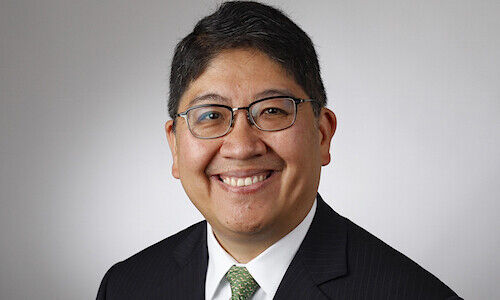UBP: Asian «Connector Economies» a Key Opportunity
Increasing division between US allies and China-led nations will create new investment opportunities for countries that link the two, according to UBP which calls such nations «connector economies».
Geopolitical factors continue to be in play in trade and financial markets. Under President-elect Donald Trump, US allies and China-led nations are expected to experience growing polarity. There are certain goods that will become increasingly restrictive when directly traded between economies of the two blocs. As a result, there are so-called «connector economies» that will benefit as the intermediary to facilitate trade between the two blocs.
And this will lead to market opportunities, according to UBP group chief strategist Norman Villamin.
«India is going to be [a connector economy]. We think it's a strong, fundamental story and it's emerged as a beneficiary not only connecting Russia to the US but, increasingly, what we're seeing is it is a connector economy between China and the US going forward as well,» Villamin said in a media briefing attended by finews.asia. «We think the next connector economy that presents an opportunity in 2025 is actually Singapore.»
Equities: Active Over Passive
Overall in global equities, UBP is still positive but to a lesser degree in 2025 compared to 2024. It prefers sectors like defense and artificial intelligence but advises investors to be selective rather than passively buy the overall market.
On China, the bank believes that the country is moving in the right direction but more still needs to be done to trigger a recovery. For investors interested, it advises them to take advantage of tactical opportunities when price-to-earnings reaches 10 times.
Fixed Income: 5 Percent Threshold
One of the key reasons that UBP is less positive on equities is due to its base case forecast for the 10-year Treasury yield to reach 5 percent in 2025. This is expected to reduce the attractiveness of the risk-reward profile of stocks.
While many pundits are focused on US growth, UBP believes the inflation story is being overlooked.
«When [Trump] comes in on day one, we think he's going to focus on really two things. The first one, which everybody knows, is tariffs,» Villamin noted. «I don't think there's enough focus on what he's going to do on immigration. You could see another million people not entering the workforce from here in an already tight job market. What does that do? Create inflationary pressure on wages.»

























